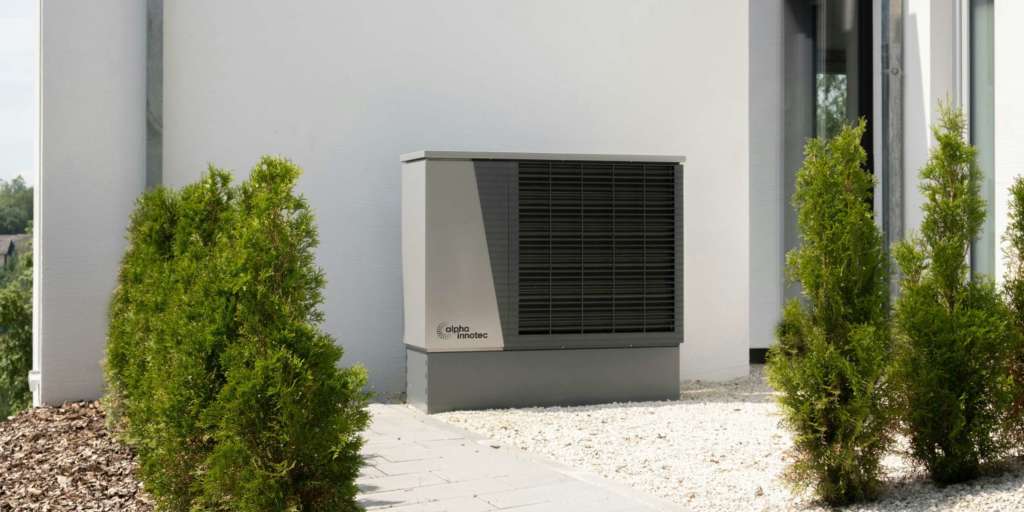For the second year in a row, heat pumps– the sleek, all-electric, hyper-efficient systems that provide both air conditioning and heating– outsold gas furnaces in the United States. While the U.S. lags behind other countries in adopting them, it’s clear that Americans are increasingly learning about and enjoying the valuable benefits that heat pumps provide and eagerly want them in their homes.
Ramping up heat pump installations and distribution represents not only opportunities for improved energy efficiency, cost savings, and climate and health benefits, but also huge workforce development opportunities, which are desperately needed to ensure good paying jobs are available to people who desperately need them.
In Colorado we’re used to large temperature swings, but we cannot ignore the fact that the last 10 years have been the hottest scientists have ever recorded. As we see more extreme weather events and triple digit days, we must take action for the 1 in 3 Denverites, for example, who don’t have air conditioning. There reaches a point where cooling is no longer a luxury but a necessity, and encouraging the installation of systems that provide both heating and cooling as well as various health, safety, and environmental benefits is a no-brainer. Now that cold climate heat pumps can handle sub-zero temperatures that we see on our coldest days, there’s no excuse to continue installing new gas infrastructure that pollutes our homes and buildings.
Our dependency on polluting and expensive energy sources are costing Colordans not only money, but also our health. Upgrading to heat pump technology is a critical ingredient to ensuring we improve air quality, reduce carbon pollution, achieve our climate goals, and create clean energy jobs along the way.
In the final days of session leaders took steps to ensure that heat pumps are more accessible to all Coloradans, no matter your income or zip code. National incentives and rebates created by the Inflation Reduction Act of 2022 and local incentives already available through the City of Denver’s CASR Office, Xcel Energy, and the Colorado Energy Office exist; however, there continues to be a gap in access. We encourage the Governor to sign this bill.
We expect to see more progress in the coming years to create additional state incentives that are necessary to ensure that these technologies reach all Coloradans, particularly income-qualified households and income-qualified housing providers.

Adrien Horton is the Lead Clean Energy Associate at BlocPower– a black-owned, climate tech company with the mission to “make buildings smarter, greener, and healthier for all”– where he engages with contractors, building owners, and community members on a daily basis and sees the demand for energy efficient heating and cooling appliances continues to grow.




